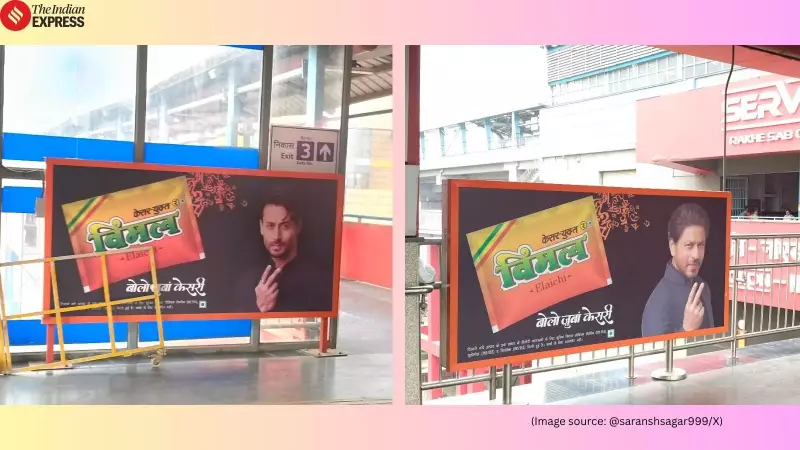
A concerned Delhi Metro passenger's social media outcry against pan masala advertisements has sparked an important conversation about public dignity and corporate responsibility in urban spaces.
The Viral Complaint That Started It All
It all began when a metro commuter took to social media to express his dismay about prominent pan masala advertisements displayed at the Noida Sector 16 metro station. The passenger's post questioned whether such promotions align with maintaining the dignity of public transportation spaces.
"Please don't damage the dignity of the metro," the user appealed in his now-viral post, highlighting the contradiction between promoting harmful products and maintaining the metro's reputation as a modern, respectable public utility.
Official Response from Delhi Metro
The Delhi Metro Rail Corporation (DMRC) swiftly responded to the complaint, acknowledging the passenger's concerns. In their official response, DMRC clarified their advertising policies while addressing the specific issues raised about pan masala promotions.
The corporation's reply emphasized their commitment to maintaining the metro's standards while balancing commercial considerations, though many commuters feel stronger regulations are needed for products that potentially harm public health.
Public Reaction and Broader Implications
The incident has ignited a broader discussion among daily commuters and urban planners about:
- The ethical responsibility of public transport authorities in advertising
- The impact of product promotions on public health awareness
- Maintaining the aesthetic and moral standards of public spaces
- Corporate social responsibility in urban advertising
Many social media users have supported the original complainant, arguing that public transport systems should not promote products known to have adverse health effects.
The Bigger Picture: Advertising Ethics in Public Spaces
This incident isn't isolated. Across India's urban landscape, questions are being raised about what types of products should be allowed in public advertising spaces. The Delhi Metro case highlights the ongoing tension between revenue generation through advertisements and maintaining public welfare standards.
As one regular commuter noted, "The metro represents modern India's progress. The products advertised within should reflect that progressive spirit, not undermine it."
The DMRC's response to this complaint may set an important precedent for how public transport authorities across India approach similar advertising dilemmas in the future.






